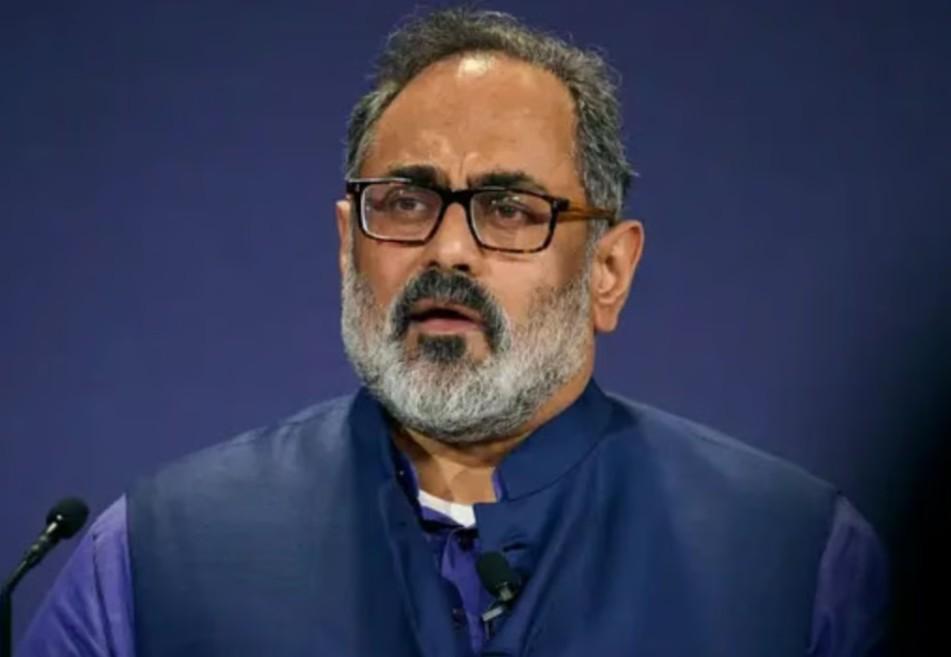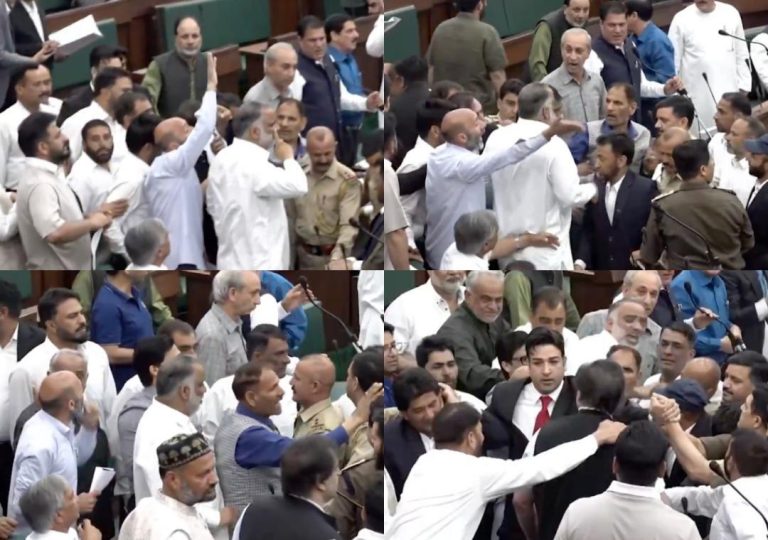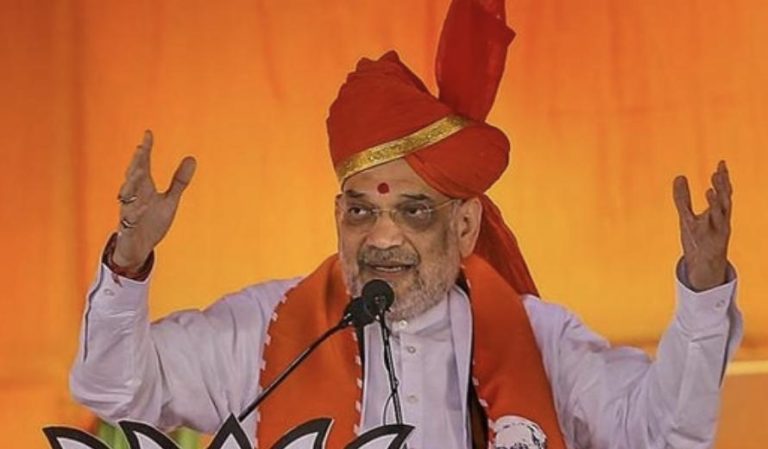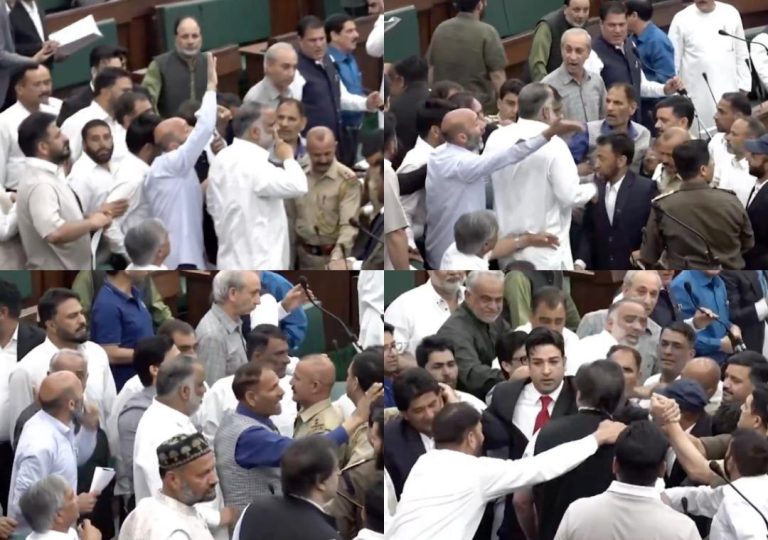
Title: Rahul Should Read & Learn the Constitution: BJP’s Chandrasekhar
The debate around the Waqf Bill has been raging on, with various political leaders weighing in on the issue. Recently, BJP leader Rajeev Chandrasekhar took to social media to express his disappointment over Congress leader Rahul Gandhi’s criticism of the bill. In a scathing attack, Chandrasekhar called out Gandhi, saying that he should “read, learn the Constitution” before commenting on the matter.
Gandhi had earlier criticized the Waqf Bill, calling it an attempt to “dilute the Waqf laws” and “destroy the institutions”. However, Chandrasekhar refuted these claims, saying that the bill was actually designed to ensure that Waqf land was used for the benefit of poor Muslims, rather than rich politicians or builders.
Chandrasekhar’s tweet sparked a heated debate on social media, with many taking sides on the issue. While some criticized Gandhi’s criticism of the bill, others defended his stance, saying that the bill was an attempt to change the nature of Waqf institutions and undermine the rights of Muslim minorities.
The Waqf Bill, also known as the Waqf (Amendment) Bill, was introduced in the Lok Sabha in December 2020. The bill aims to amend the Waqf Act, 1995, and bring Waqf institutions under the purview of the central government. The bill has been criticized by many, including Gandhi, who say that it will lead to the dilution of Waqf laws and undermine the autonomy of Waqf institutions.
However, proponents of the bill say that it is necessary to ensure that Waqf land is used for the benefit of the poor and needy, rather than being misused by rich politicians or builders. They argue that the bill will help to regulate the administration of Waqf properties and ensure that they are used for the welfare of the Muslim community.
Chandrasekhar’s criticism of Gandhi’s criticism is not an isolated incident. The BJP has been vocal in its support for the Waqf Bill, with many party leaders arguing that it is necessary to ensure the proper administration of Waqf properties.
In a recent interview, Union Minister Mukhtar Abbas Naqvi said that the bill was necessary to ensure that Waqf land was used for the benefit of the poor and needy, rather than being misused by rich politicians or builders. He also accused the Congress of being opposed to the bill out of political motivations, saying that the party was trying to protect its own interests.
The debate around the Waqf Bill is not just a political issue, but also a deeply complex one that touches on issues of religion, identity, and power. The bill has sparked concerns among many Muslims, who fear that it will undermine their rights and privileges as a minority community.
However, proponents of the bill say that it is necessary to ensure the proper administration of Waqf properties and to prevent their misuse by rich politicians or builders. They argue that the bill will help to promote the welfare of the Muslim community and ensure that Waqf land is used for the benefit of the poor and needy.
In conclusion, the debate around the Waqf Bill is a complex and contentious one, with both sides presenting valid arguments. While Gandhi’s criticism of the bill has sparked concerns among many, Chandrasekhar’s criticism of his criticism has also raised important questions about the nature of the Constitution and the role of political leaders in shaping public policy.
As Chandrasekhar so aptly put it, Rahul Gandhi should “read, learn the Constitution” before commenting on the matter. This is a reminder that, as political leaders, we must always be mindful of the Constitution and the laws of the land, and must not make statements that could be seen as misleading or factually incorrect.
In the end, the Waqf Bill is just one example of the many complex issues that we face as a nation. It is up to us, as citizens, to engage in constructive debate and to demand that our political leaders act in the best interests of the country and its people.
Sources:






